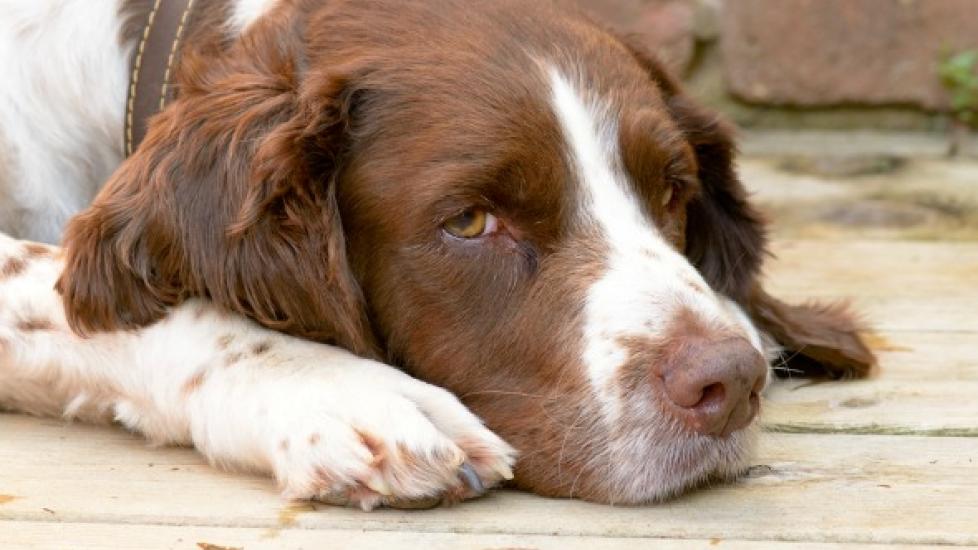Title: Understanding and Preventing Raccoon Diseases in Canine Companions
Introduction:
In the vast tapestry of canine health concerns, raccoon diseases often weave a complex narrative that pet owners must navigate with care. These nocturnal creatures, known for their dexterity and intelligence, share many habitats with our beloved dogs, increasing the risk of disease transmission. It is crucial to understand these illnesses, recognize symptoms, and take proactive measures to safeguard the health of our furry friends. This article delves into the world of raccoon-borne threats and offers practical advice on keeping your dog safe from these potentially fatal infections.
The Threat of Raccoon Borne Illnesses:
Raccoons are carriers of several infectious agents that can be devastating to dogs if left untreated. One such example is Baylisascaris procyonis, a roundworm whose larvae can migrate through a dog’s body, causing severe neurological damage. Other common pathogens include leptospirosis, which affects multiple organs; rabies, a deadly virus transmitted through bites; and various zoonotic diseases that can cross species barriers and affect humans as well.
Recognizing Symptoms:
Early identification of signs associated with raccoon diseases can mean the difference between life and death for your pet. Look out for lethargy, loss of appetite, diarrhea or constipation, seizures, vomiting, and unexplained weight changes. If you suspect your dog has been exposed to a raccoon or its feces, monitor them closely for any unusual behavior or physical manifestations.
Prevention Measures:
To protect your canine companion from raccoon-related illnesses, follow these guidelines:
1. Vaccination: Ensure your dog receives all recommended vaccinations, including those against parvovirus, distemper, hepatitis, and leptospirosis. While there is currently no vaccine specifically targeting Baylisascaris procyonis, protecting against other diseases strengthens your dog’s immune system.
2. Regular Deworming: Schedule regular deworming appointments with your veterinarian to prevent internal parasites like roundworms.
3. Leash Walks: Keep your dog on a leash when walking in areas where raccoons are present. This reduces the chances of direct contact and potential fights over territory.
4. Proper Waste Disposal: Clean up after your dog promptly to avoid attracting raccoons to your yard and inadvertently exposing your pup to harmful organisms.
5. Fencing: Consider installing secure fencing around your property to keep both pets and wildlife safely separated.
6. Veterinary Checkups: Regular checkups help detect early signs of illness before they progress, allowing prompt treatment.
7. Education: Learn about local wildlife patterns and diseases specific to your area so that you can better anticipate risks and act accordingly.
Conclusion:
By understanding the dangers posed by raccoon diseases and implementing preventive strategies, we can ensure the longevity and happiness of our loyal companions. Open communication with your veterinarian will provide personalized recommendations tailored to your dog’s needs and environment. Together, let us create a protective bubble of health around our four-legged family members, safeguarding them from the perils of the wild.
